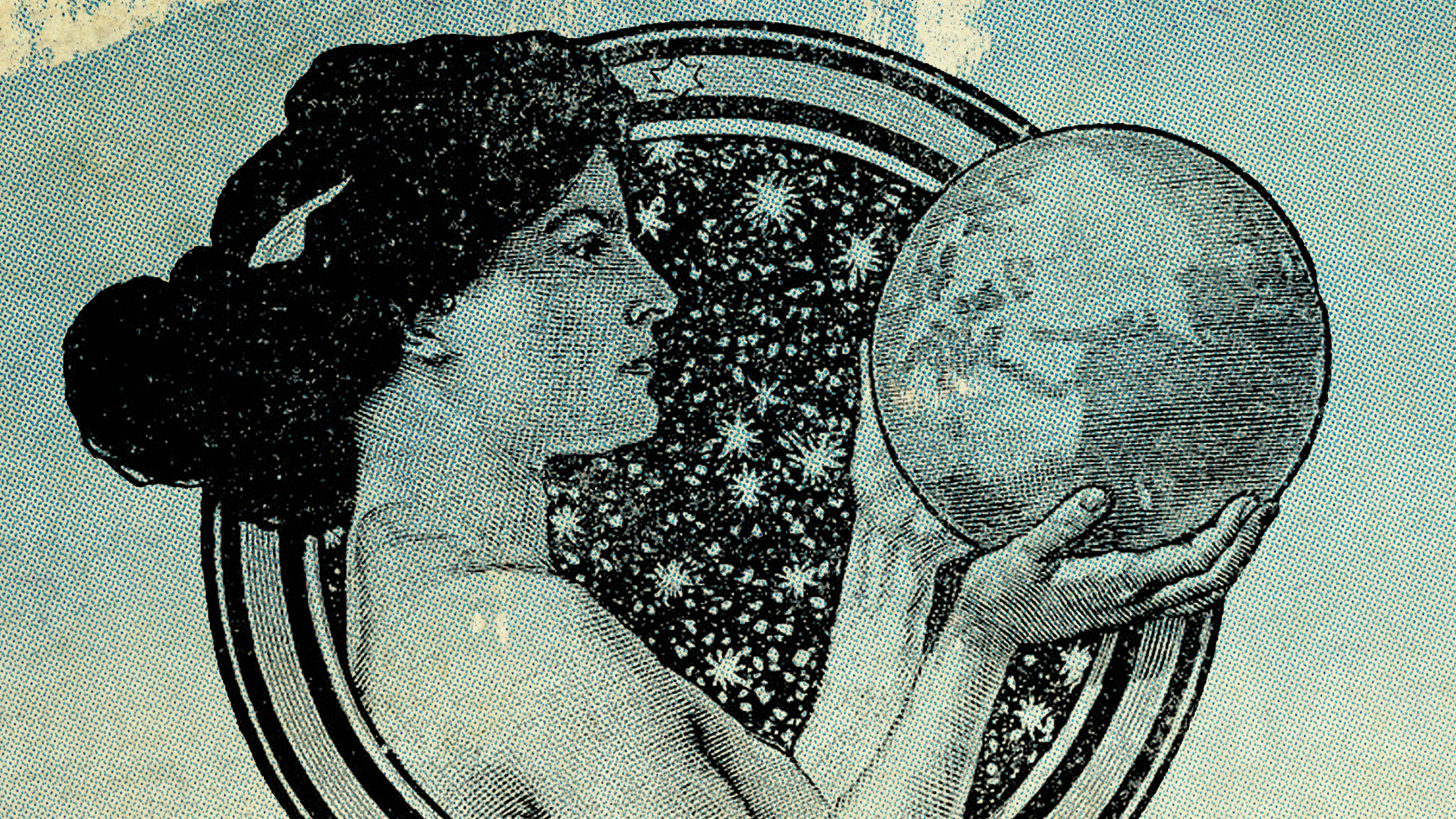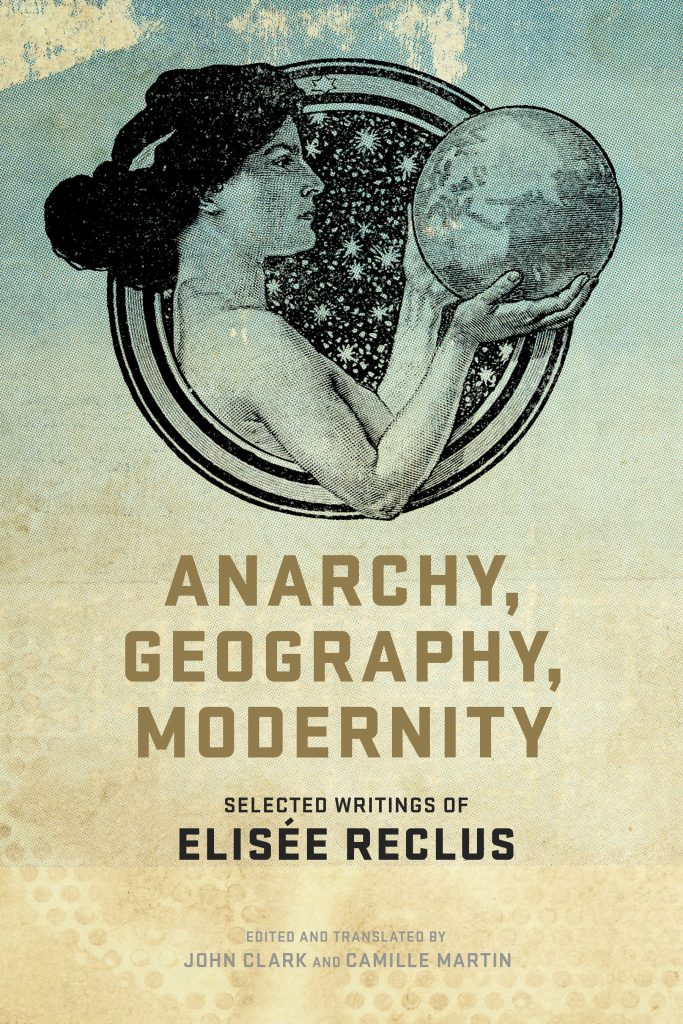by Duncan Bowie
The Chartist
July/August 2014
Green pioneer
Elisee Reclus has been due for greater recognition. He was a leading French anarchist and one of the founders of human geography. Unlike his friend and fellow anarchist geographer, Petr Kropotkin, most of his works have never been trans- lated into English (though I do have an 1871 translation of his first major study- The Earth and a Bellamy library edition of his 1891 pamphlet Evolution and Revolution) and this new collection provides for the first time substantial extracts from his major political and geographical works. The editors, academics in New Orleans and Mississippi, also provide a 100 page introduction to Reclus’ thought, which complements Marie Fleming’s 1979 biography – The Anarchist Way to Socialism, which to my knowledge is the only previous substantive work on Reclus in English.
Reclus was a communard. He spent part of his life in exile in Switzerland though he also visited London and attended at least one meeting of the First International, at which he supported the case for land nationalization against Marx.
Reclus’s writings covered a wide range of topics. This collection includes pamphlets and extracts on nature, the extended family, evolution and revolution, vegetarianism, the state, culture and property and progress.
Reculs can be considered with Alfred Russell Wallace as one of the founders of environmentalism -much of his work focuses on the relationship between human beings and nature. I found the extract on “The Growth of Cities’ from volume 5 of L’Homme at La Terre, an excellent analysis of urban growth and the negative effects of densification, a text which should be read by all planners and ‘urbanists’. The final extract is a letter Reclus sent to comrades in Barcelona in 1901-— as advice from an ‘old man’ – “Do not quarrel or deal in personalities. Listen to opposing arguments after you have presented your own. Learn how to remain silent and reflect. Do not try to get the better in an argument at the expanse of your own sincerity.” Good advice.
Back to John P. Clark’s Author Page | Back to Camille Martin’s Author Page







